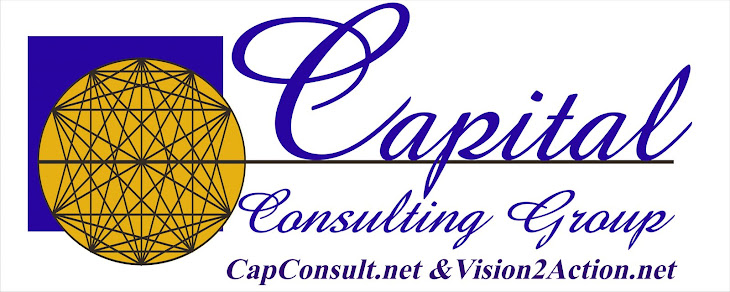Sustainability is a word we often hear these days and yet, I suspect that you, like me, may easily dismiss whatever comes after that word because we do not know how to personalize the meaning. I certainly did not know how to get my head around the term until very recently. Now I see the meaning and application in almost every conversation, almost every situation, almost every day, much like you notice all the red vehicles after you buy one, when you did not notice them before.
My parents did that as they bought and worked the farm. As they thought beyond themselves, they created a family farm trust that ensured the farm could remain in the family for generations to come. They thought beyond the current season, and each year they made long term decisions coupled with short term action to build up the nutrients in the fields to support the various crops we grew. I became acutely aware of their prior actions as I sat in the tree stand and looked over what they worked hard for and what they provided to their children, grandchildren, and great grandchildren.
As we traveled to
The Natural Step (www.naturalstep.org) is a non-profit organization with the vision of creating a sustainable society. It was founded in 1989 by Dr. Karl-Henrik Robèrt in
Comparison International (comparisoninternational.com) is a benchmarking consultancy based in the
These two organizations are collaborating to provide education, training, and perhaps most importantly, assessment and action planning tools to help individuals, companies, organizations, and governments understand the underlying principles of sustainability and build implementation action plans to implement practical sustainability practices.
The Natural Step has approached sustainability from a perspective of science and systems thinking. They have developed a framework and four system conditions for understanding sustainability. In a sustainable society, nature is not subject to systematically increasing:
1. concentrations of substances extracted from the earth's crust;
2. concentrations of substances produced by society;
3. degradation by physical means;
4. and, in that society, people are not subject to conditions that systemically undermine their capacity to meet their needs.
Comparison International, in its collaboration with The Natural Step, has developed practical assessment tools which any organization can apply to determine the current level of sustainable practices, processes, and performance. These tools are comprehensive as they examine the four critical best practices aspects any organization must consistently evaluate if it is to survive in the long term:
1.
2. Leadership & Mobilization;
3. Products, Services, & Business Processes;
4. Business Continuity.
These tools enable the forward thinking and action planning today that truly support sustainability for the organizations for generations to come.
The combination and collaboration of these two organizations provides an extremely scalable thinking process that we can apply to our personal and business life by thinking of the four system conditions and the overarching aspects. This model gives us a practical way to routinely assess and adjust our business actions and performance in support of business, community, and global sustainability for generations beyond ourselves. Just as my parents did for us, and generations before them, so we can do for generations that follow us, but only if we think and act with that view in mind.
To learn more or have Ray speak to your group or organization, please email or call him at (518)227-0224.


No comments:
Post a Comment